NEWS
Message from International Christian University (ICU) , No8
Update: November 30, 2021
This E-Newsletter is mainly for teachers and counselors involved in secondary education, but is open to individuals who wish to subscribe to it. Please fill in the form below and click on the "Subscribe to this E-Newsletter" button.
Subscribe to this E-Newsletter
Message from ICU , No.8 (November 29, 2021 )
Service-Learning: Transform Society or Yourself?
Mikiko Nishimura, Director, Service-Learning Center
"Service-Learning" refers to learning through service (or volunteering for voluntary social contribution) activities. This is one of ICU's unique programs that is different from mere volunteer work or internships.
Liberal Arts in Action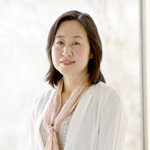 In 2019, I received the following email from a freshman just after I was appointed to the Director of the Service-Learning Center. "Why do we engage with Service-Learning as an accredited course in the curriculum when we have every opportunity to experience the same sort of activity through extracurricular activities on- and off-campus or when studying abroad? What are the characteristic features of Service-Learning at ICU?"
In 2019, I received the following email from a freshman just after I was appointed to the Director of the Service-Learning Center. "Why do we engage with Service-Learning as an accredited course in the curriculum when we have every opportunity to experience the same sort of activity through extracurricular activities on- and off-campus or when studying abroad? What are the characteristic features of Service-Learning at ICU?"
You can imagine what our students are like from this question: they engage us in stimulating interaction that allows us to grow. My response was, "Service-Learning differs from volunteering, internships, and extracurricular activity that provide a one-off experience, as it emphasizes the process in learning. Students acquire academic skills such as critical thinking and connect the learning with service by engaging in a cycle of service and reflection. Instruction in skills like keeping a daily journal and reflection distinguishes the coursework from mere off-campus activity."
The objective is to connect the learning with experience, for students to find new value in what they know through reflection to create a new body of knowledge within, by delving into what they have experienced. In theory, that would explain what Service-Learning courses are from the perspective of experiential learning. But any educator will tell you; easier said than done.
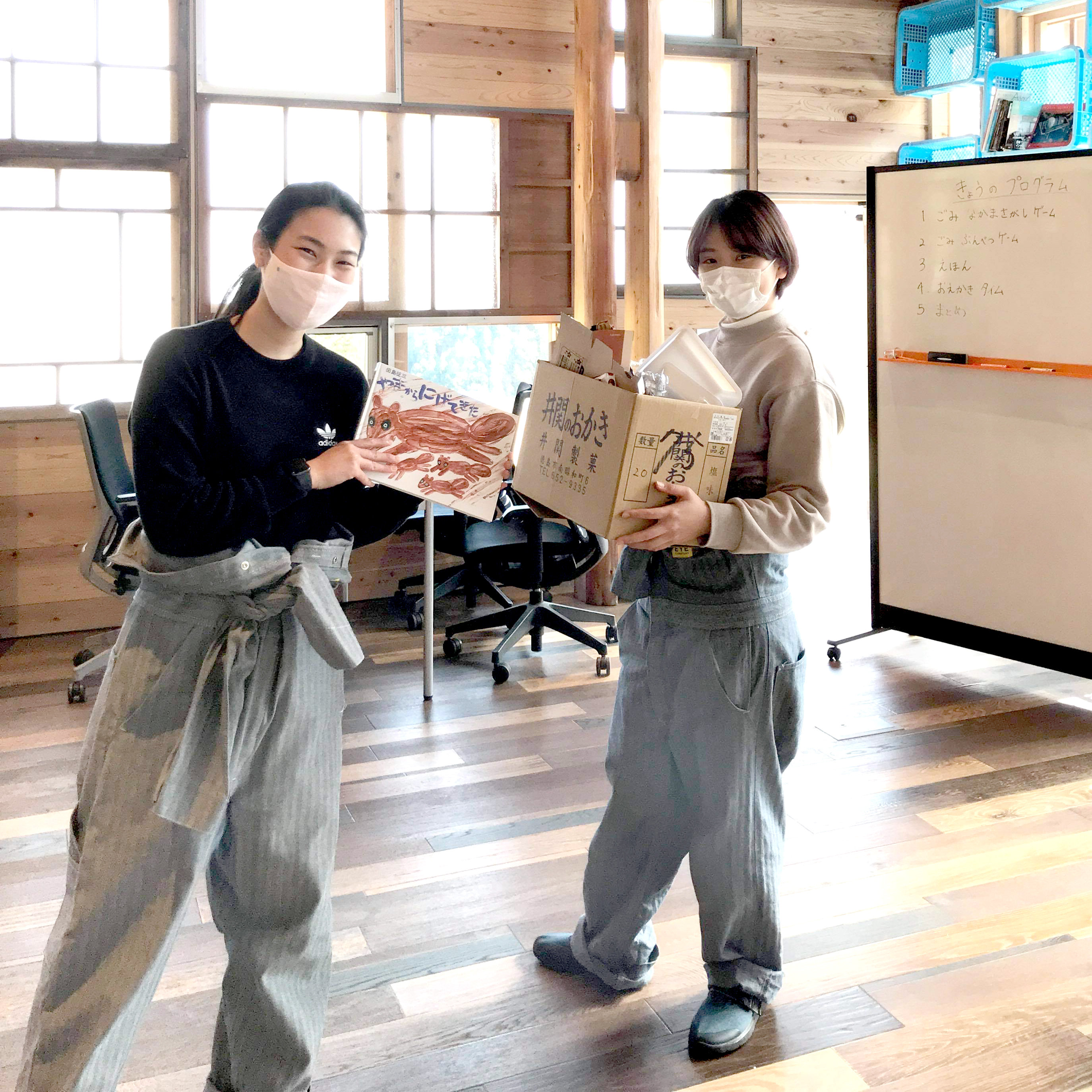 Firstly, it is quite rare for freshmen to be prepared to challenge established knowledge right after entering university. Most students are adept at finding solutions for problems that relatively speaking more or less have the right answer, by going through procedures efficiently and presenting the result. But they hesitate to question things that are considered a given or cited in textbooks, by observing them critically. On the other hand, when they go out of the classroom for fieldwork, they look different. Radiant and lively with sweat on their brows for volunteer work, they seem to be enjoying the surrounding environment and their growth through new encounters.
Firstly, it is quite rare for freshmen to be prepared to challenge established knowledge right after entering university. Most students are adept at finding solutions for problems that relatively speaking more or less have the right answer, by going through procedures efficiently and presenting the result. But they hesitate to question things that are considered a given or cited in textbooks, by observing them critically. On the other hand, when they go out of the classroom for fieldwork, they look different. Radiant and lively with sweat on their brows for volunteer work, they seem to be enjoying the surrounding environment and their growth through new encounters.
We need an objective when bridging learning and experience. In the aftermath of World War II, ICU was established amidst the reconstruction of Japan with generous donations from within the country and overseas from those who believed in a university of tomorrow. The future depends on not just technological advances. We need to reflect on the past and the present state of ourselves, overcome conflict and engage in negotiations with people through dialogue to find a perspective for the unknown future of the world together. The learning endeavor does not imply a reproduction of the intellectual ideas of our forbearers, swallowing something whole or fully accommodating what others say. In Japanese society, people often take it personally when their ideas are refuted as a result of critical thinking, even though it is a vital skill in creating a better future together.
Students often think their experiences are too insignificant to make a difference. They feel they lack the knowledge or experience to voice their opinions. Humility is a respectable trait, but shying away from things weakens your involvement, which may lead to a lack of commitment to learning. To regard yourself as a citizen in your own right, you need the confidence to make your own proposals and trust for the community. I believe these two elements can be acquired only by continuing to work with others from different backgrounds through dialogue and action.
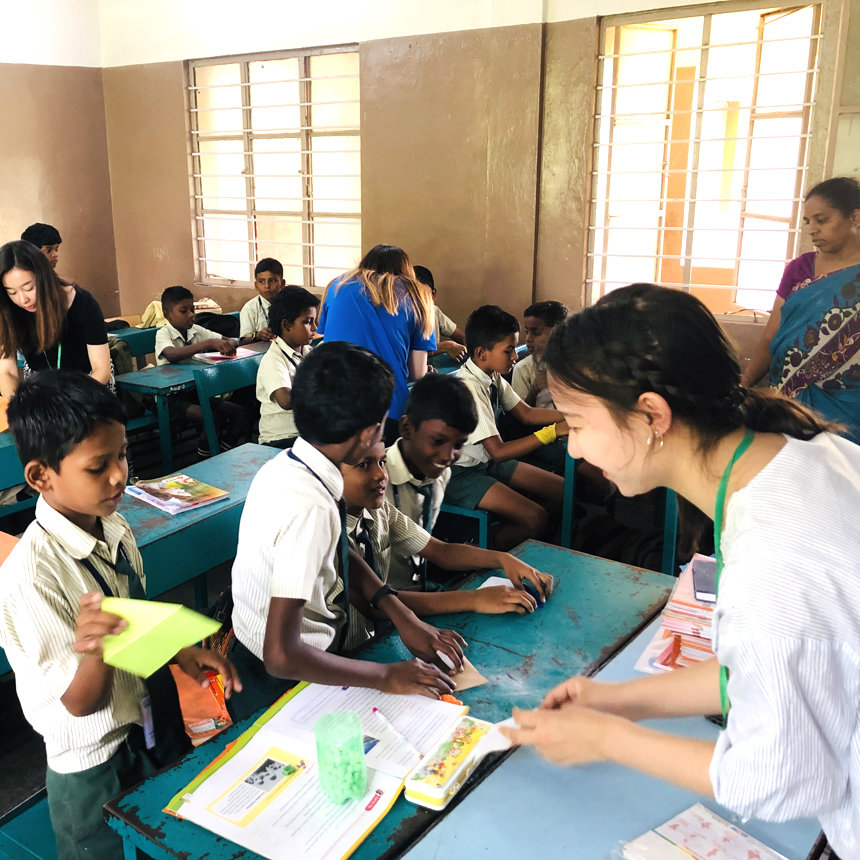
Einstein said, "The value of an education in a liberal arts college is not the learning of many facts but the training of the mind to think something that cannot be learned from textbooks." The learning at a liberal arts college is active and challenging. Its core values, President Rebecca Chopp of Swarthmore College, a liberal arts college in the U.S., states in a co-authored book, are critical thinking and cultivating civic-minded individuals who engage in ethical action committed to reshaping the world for the better.
The purpose of a liberal arts education is to nurture individuals who actively contribute to society. By sharing this objective, critical thinking and difference in opinion can be constructive in a discussion. The premise would be a system of education in small classes and a learning community based on trust. Service-Learning is an experiential study approach that realizes the core values in liberal arts.
How to understand social issues: experiencing a transformation of oneself
There was something of importance I realized amidst the pandemic when we had to cancel coursework in international Service-Learning or shift online. Both students and faculty turned their attention to domestic problems, which made us rethink the significance of Service-Learning. With keen student interest for global activities at ICU, most of our service-placements are in developing countries with very conspicuous social issues such as poverty, inequality, violence, and discrimination. Many of our students evince a messianic complex in these locations when they compare their privileged status with that of the vulnerable locals. A student I interviewed for a Service-Learning course in India said she wanted to delve into the violence against women there, so I had to ask her, "Do you know which country ranks higher in gender equality, India or Japan?" Students usually do not realize that poverty and discrimination are their problems too.
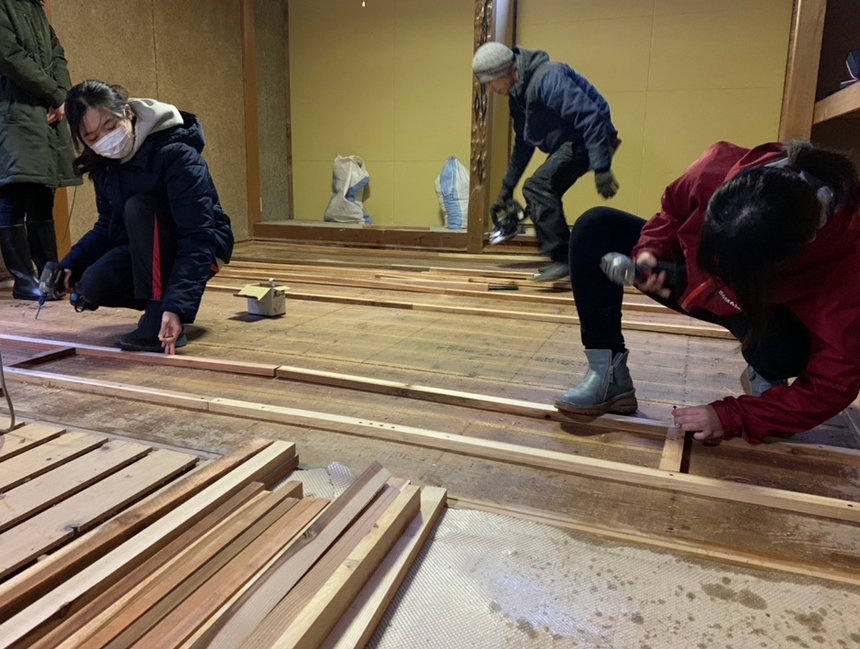
So, back to the domestic scene. At present, students go to Akita, Nagano, and Nagasaki Prefectures for their coursework. They tend to rush to solutions for eye-catching problems like depopulation, but our service-location partners first ask students to build a connection with the community. The problems there may seem simple from the outside, but the reality is that disparate individuals in that community may or may not regard them as issues of concern. Ideas exist that have accumulated through trial and error in finding solutions.
I think this is the reality that the locals want students to realize. They come in feeling all prepared by reading materials and interviewing faculty but are frustrated at being forced to return to square one. But when they realize they have developed the ability to restructure their understanding with newfound perceptions through a certain process, it becomes an eye-opening experience. Even if you cannot transform society during a limited time span, this process transforms your mindset and your motivation to become involved with these problems. This self-transformation is the objective of Service-Learning in liberal arts education, to cultivate people who can change society in the long term. We also ask partners accepting our students to find value in directing efforts in the same direction by sharing the task of cultivating lifelong learners in the long term rather than look for direct impact. Service-Learning challenges our understanding of things, who we are, and how we react with others. This sort of experience in Japan will change students' perspectives when they travel abroad. I tell my students not to be fixated on whether they are in Japan or not: they are simply working with local communities around the globe.
Significance as experiential learning and the future of higher education
Higher education will be expected to play an ever more important role in the future around the world with the demand for 21st century-type competency and visualization of learning outcomes. With a shift toward universal access to higher education in Japan, its role in civic education will be the focal point of attention, although many still see it as a means to secure employment.
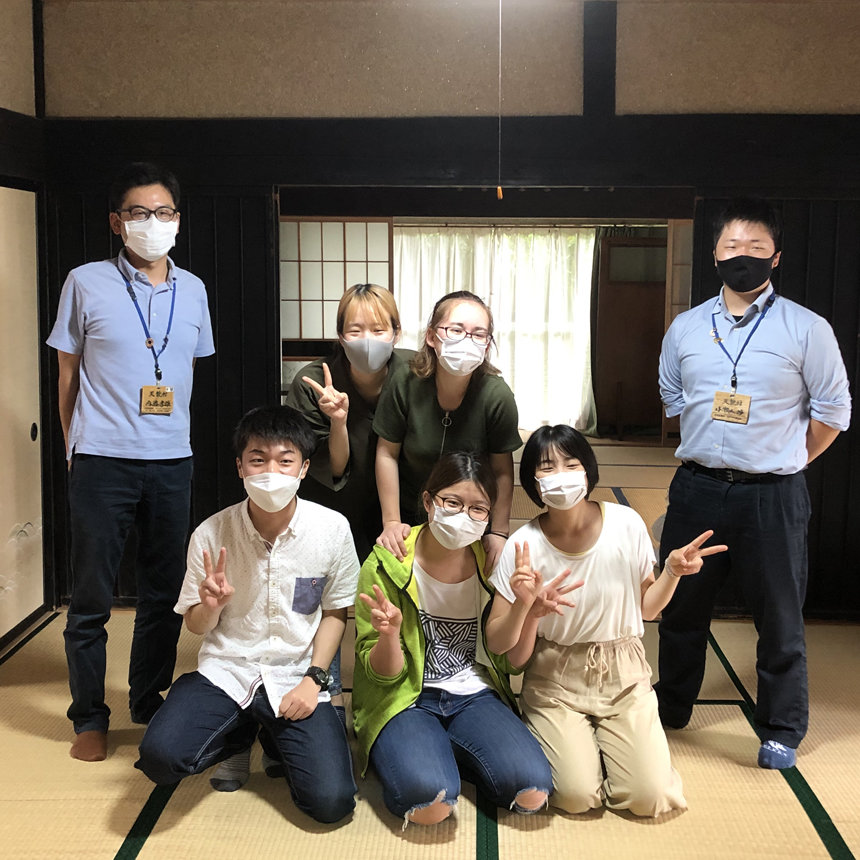 It is also true that a liberal arts education implies knowledge in a wide range of subjects, with the misconception that it does not prepare one for a job. However, when considering the necessary knowledge in the current era of uncertainty, we need to grapple with uncertain things directly and have the flexibility and sense of mission to actively pursue a harmonious future with people around the world. In Service-Learning, you do not learn specific skills or knowledge. You learn to pick up things that specialists may miss in social issues and how to live with diverse individuals and social groups. Higher education will be expected to nurture individuals who develop ontological, axiological, epistemological and methodological perspectives to engage in lifelong learning. Service-Learning, then, is in a sense an experiential approach in learning that allows us to rethink the significance of higher education.
It is also true that a liberal arts education implies knowledge in a wide range of subjects, with the misconception that it does not prepare one for a job. However, when considering the necessary knowledge in the current era of uncertainty, we need to grapple with uncertain things directly and have the flexibility and sense of mission to actively pursue a harmonious future with people around the world. In Service-Learning, you do not learn specific skills or knowledge. You learn to pick up things that specialists may miss in social issues and how to live with diverse individuals and social groups. Higher education will be expected to nurture individuals who develop ontological, axiological, epistemological and methodological perspectives to engage in lifelong learning. Service-Learning, then, is in a sense an experiential approach in learning that allows us to rethink the significance of higher education.
Profile of Professor Mikiko Nishimura,
Director of the Service-Learning Center
Professor Nishimura holds an M.Phil. in Development Studies from the University of Sussex and an Ed.D. in International Educational Development from the Teachers College, Columbia University. Prior to her position at ICU, she was an Associate Specialist of the Japan International Cooperation Agency, a development consultant, and Associate Professor at the Graduate School of International Cooperation Studies, Kobe University. She specializes in comparative education and education in sociology, international development, and African area studies.
